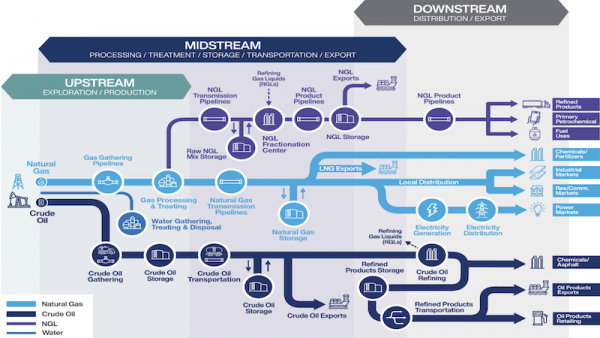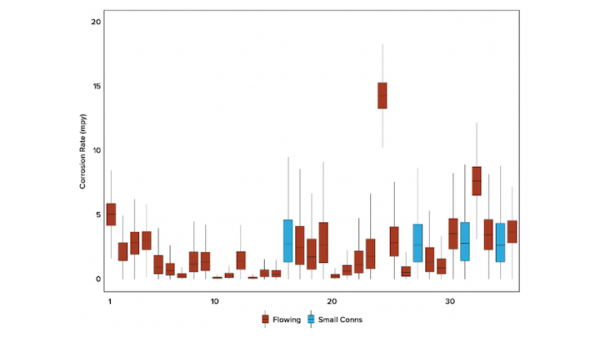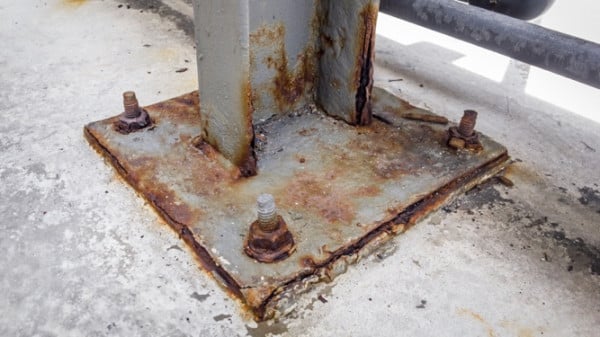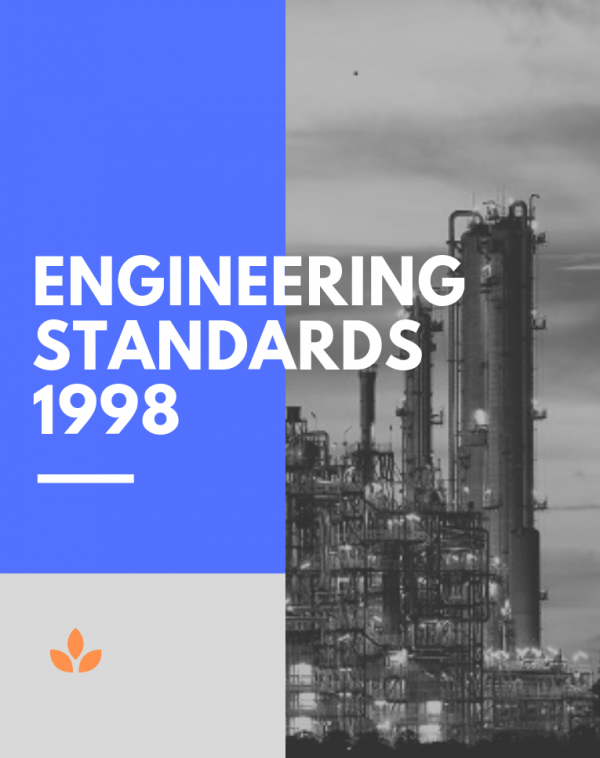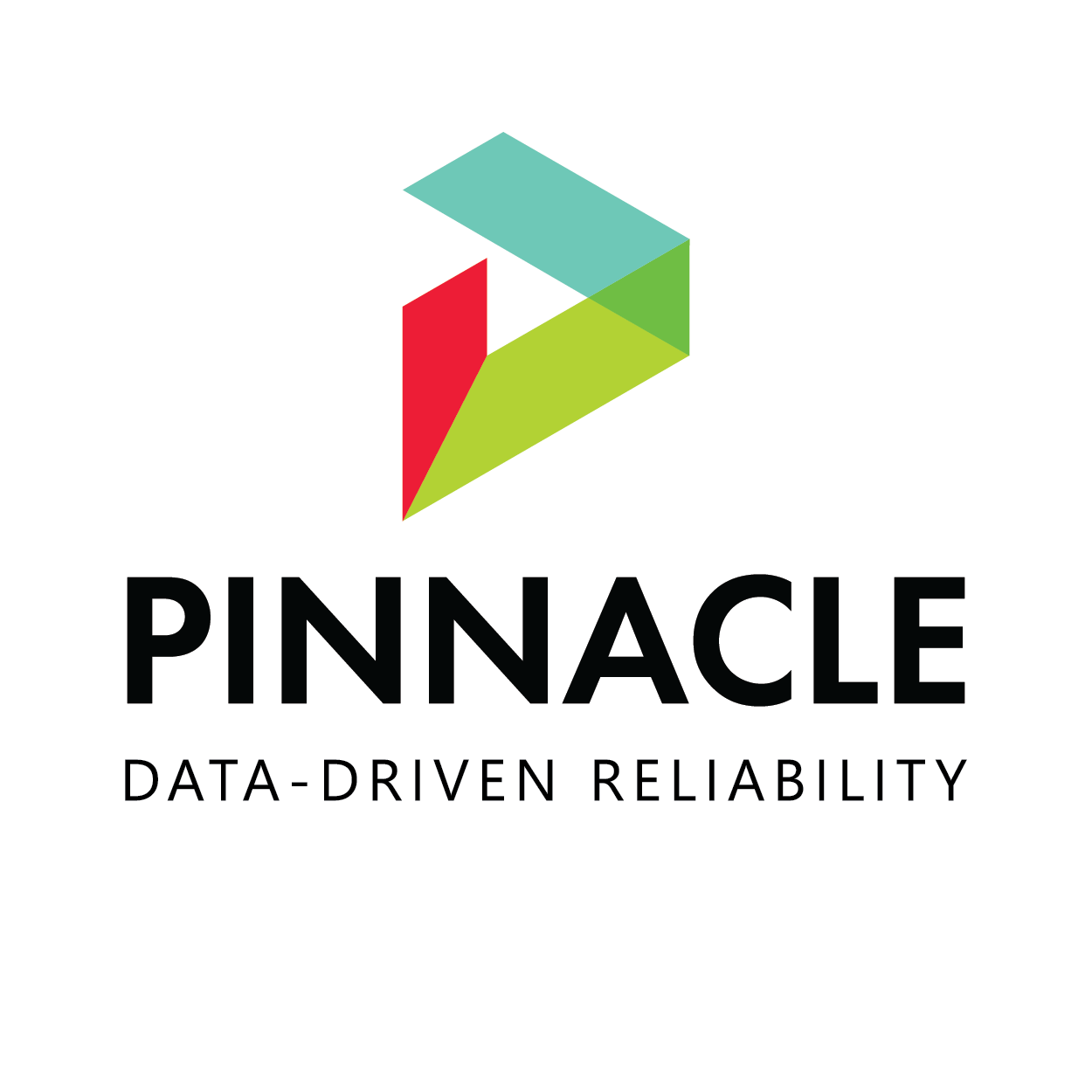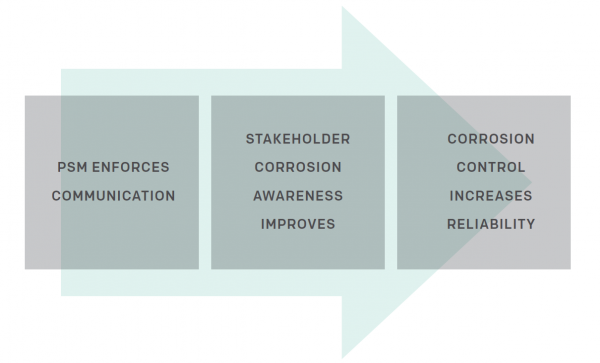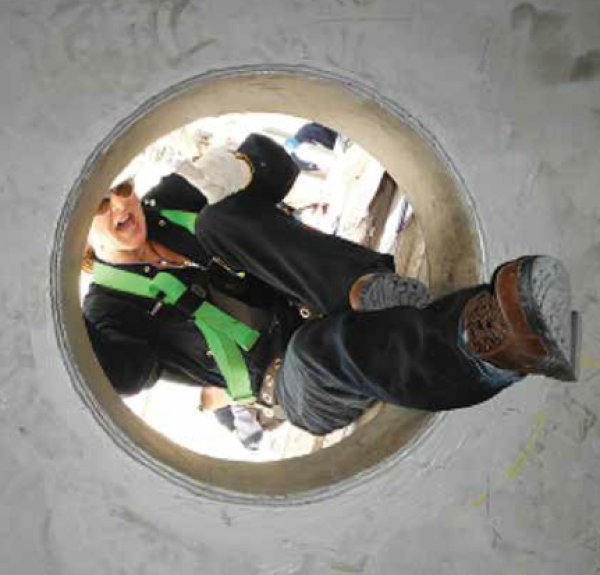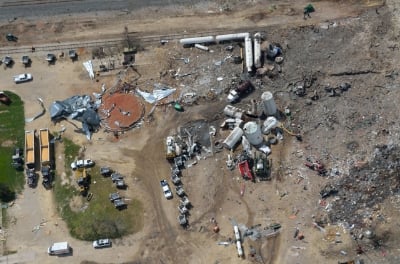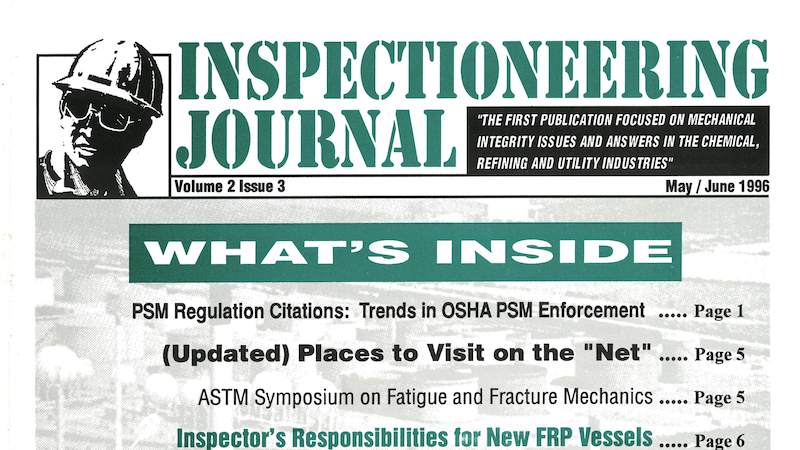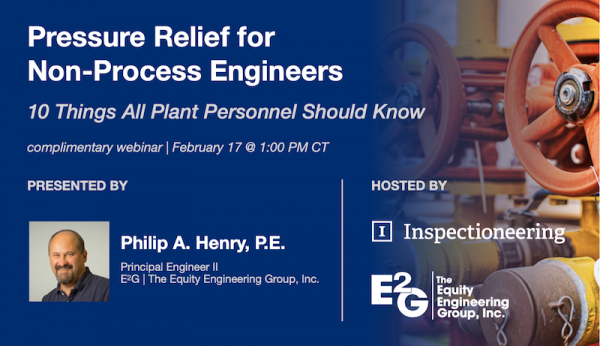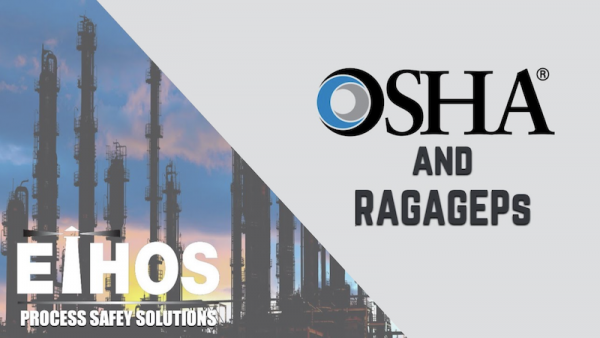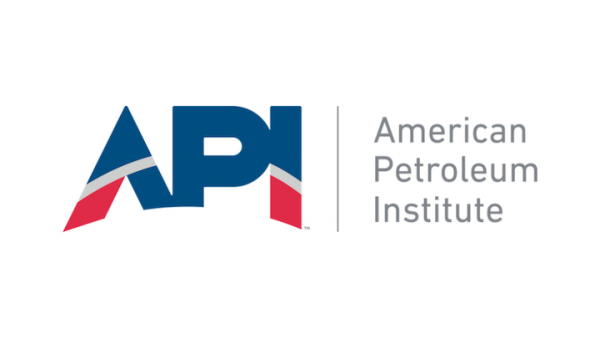Recognized and Generally Accepted Good Engineering Practices (RAGAGEP) are an essential part of OSHA's process safety management standard (29 CFR 1910.119) and are the basis for safe and reliable inspection, maintenance, operation, and engineering activities. RAGAGEP is based on established industry codes, standards, recommended practices, technical reports, or similar documents.
OSHA recognizes that while the PSM standard does not define RAGAGEP and employers may select the RAGAGEP that will apply to their covered processes, there are several consensus standards that are widely adopted by federal, state and municipal jurisdictions and are generally accepted by OSHA as RAGAGEP. OSHA also recognizes that non-consensus engineering documents or peer-reviewed technical articles addressing specific hazards may serve as RAGAGEP when published standards are not available or are not adequate to address specific hazards. However, the adequacy of these materials must be determined on a case-by-case basis.
Furthermore, OSHA concludes that even an employer’s internally developed standards may serve as RAGAGEP for use within a facility when no published RAGAGEP exists or when the RAGAGEP must be supplemented in order to better control or address a hazard. In order for internally developed standards to serve as RAGAGEP, OSHA now makes clear that the internally developed standards must either meet or exceed the protective requirements of the published RAGAGEP when it exists.
Because the meaning of SHALL versus SHOULD is often a point of contention, employers should always carefully review RAGAGEP language to determine whether the provisions are required (i.e., “shall” or “must”) or merely one acceptable approach (i.e., “should”).
OSHA has issued guidance on the enforcement of the Process Safety Management (PSM) standard's RAGAGEP requirements. The memorandum provides the most detailed information on how OSHA will handle PSM inspections with respect to the RAGAGEP requirements and what it considers RAGAGEP, and it includes 16 detailed enforcement considerations that inspectors will evaluate when reviewing an employer’s compliance.
References
- Winnette, N. 2015, 8 Tips for Addressing OSHA's New Enforcement Guidance on RAGAGEP under the Process Safety Management Standard, Inspectioneering Journal, 21(4), pp. 48-50.
Relevant Links
Topic Tools
Share this Topic
Contribute to Definition
We welcome updates to this Integripedia definition from the Inspectioneering community. Click the link below to submit any recommended changes for Inspectioneering's team of editors to review.
Contribute to Definition


